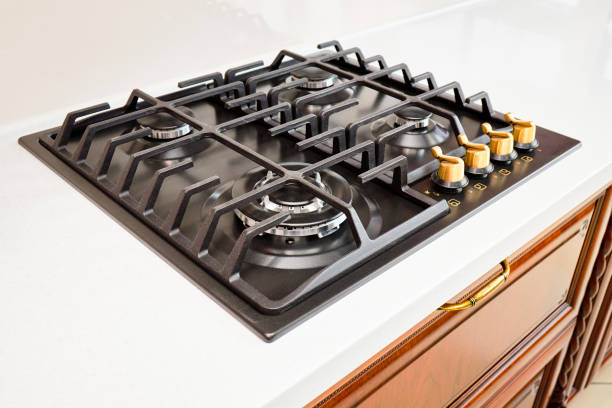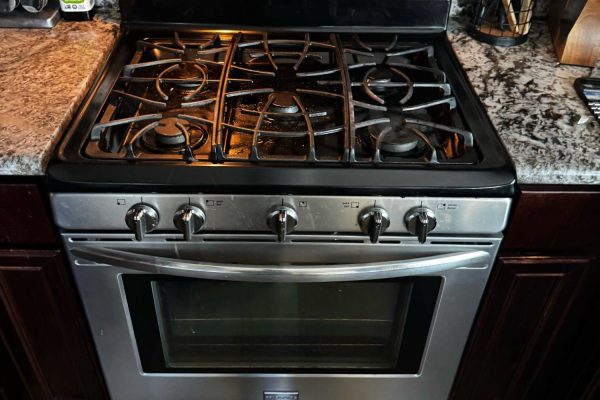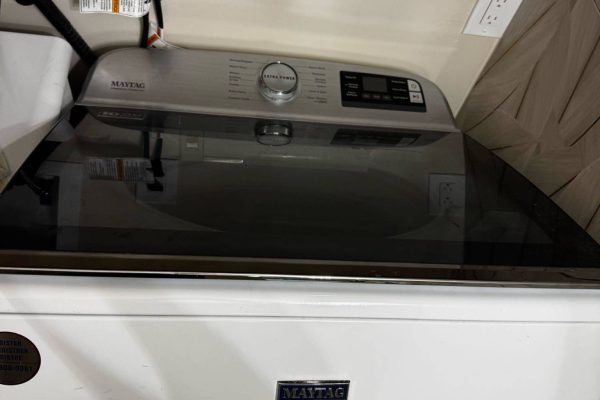Hobs with a combination of gas and electricity offer the best of both worlds, combining the precision and efficiency of electric cooking with the instant heat control and versatility of gas. These innovative cooking surfaces have gained popularity among home chefs and culinary enthusiasts, offering a flexible and customizable cooking experience. However, like any kitchen appliance, hobs with a combination of gas and electricity come with their own set of advantages and disadvantages. Let’s delve into these to help you determine if a hybrid hob is the right choice for your culinary needs.
Advantages
Dual Fuel Flexibility: One of the most significant advantages of hobs with a combination of gas and electricity is their versatility. With both gas burners and electric cooking zones, these hobs offer a wide range of cooking options to suit different preferences and cooking techniques. Users can enjoy the instant heat control of gas burners for tasks such as boiling or searing, while also benefiting from the precise temperature control of electric cooking zones for tasks such as simmering or melting.
Instant Heat Control: Gas burners provide instant heat control, allowing users to adjust the flame intensity quickly and accurately. This is particularly beneficial for tasks that require rapid changes in heat levels, such as stir-frying or sautéing, where precise temperature control is essential for achieving optimal results. The ability to adjust the flame instantly gives users greater flexibility and control over their cooking.
Even Heat Distribution: Electric cooking zones offer consistent and even heat distribution across the cooking surface, ensuring uniform cooking results. This is especially useful for tasks that require precise temperature control, such as simmering sauces or baking, where maintaining a constant temperature is crucial for achieving the desired outcome. The even heat distribution of electric cooking zones ensures that food cooks evenly without hot spots or uneven cooking.
Combination Cooking: Hobs with a combination of gas and electricity allow users to take advantage of both cooking methods simultaneously. For example, users can use the gas burners for high-heat cooking tasks such as searing or boiling, while simultaneously using the electric cooking zones for low-heat tasks such as simmering or warming. This combination cooking capability provides users with greater flexibility and efficiency in the kitchen.
Energy Efficiency: Electric cooking zones are known for their energy efficiency, as they heat up quickly and retain heat well, requiring less energy to maintain cooking temperatures. This can result in cost savings on utility bills over time, as less energy is wasted during the cooking process. Additionally, the combination of gas and electricity allows users to choose the most energy-efficient cooking method for each task, further reducing energy consumption.
Disadvantages
Complexity: Hobs with a combination of gas and electricity may be more complex to operate compared to single-fuel hobs. Users must familiarize themselves with the different cooking zones and heat sources, as well as the corresponding controls and settings. This can be overwhelming for some users, especially those who are used to simpler cooking appliances.
Higher Cost: Hobs with a combination of gas and electricity tend to be more expensive upfront compared to single-fuel hobs. The combination of gas burners and electric cooking zones, as well as the additional features and controls, can contribute to a higher price point. However, many users find that the added versatility and functionality justify the higher cost in the long run.
Maintenance Requirements: Hobs with a combination of gas and electricity may require more maintenance compared to single-fuel hobs. Both gas burners and electric cooking zones need to be cleaned regularly to prevent buildup of food debris, grease, and stains. Additionally, the presence of multiple heat sources and controls may require more frequent maintenance and servicing to ensure optimal performance.
Installation Complexity: Installing a hob with a combination of gas and electricity may be more complex compared to single-fuel hobs. Users must ensure that they have access to both gas and electrical connections in their kitchen, as well as the necessary space and ventilation requirements. Professional installation may be required to ensure that the hob is installed safely and correctly.
Safety Concerns: The presence of both gas burners and electric cooking zones on a single hob may raise safety concerns for some users. Proper ventilation is essential to prevent the buildup of gas fumes, while adequate insulation and protection are necessary to prevent electric shocks or accidents. Users must follow safety guidelines and instructions carefully to ensure safe operation of the hob.
In conclusion, hobs with a combination of gas and electricity offer a unique blend of versatility, efficiency, and functionality. With both gas burners and electric cooking zones, these hobs provide users with the flexibility to choose the most suitable cooking method for each task. However, they also come with certain disadvantages, such as complexity, higher cost, maintenance requirements, installation complexity, and safety concerns. By weighing these pros and cons against your specific cooking needs and preferences, you can determine if a hob with a combination of gas and electricity is the right choice for your kitchen.
We have appliance repair experts available today! Call a professional Poway Appliance Repair Service Center technician by phone or book your service.
Our service center is open 24/7, so you can easily schedule a convenient repair time. The specialist will arrive at the agreed time, carry out a diagnosis, and, if necessary, offer repairs. If you are willing, your appliance will be repaired directly on-site within 1-2 hours. We provide top-notch service at an affordable price!
Contact us


